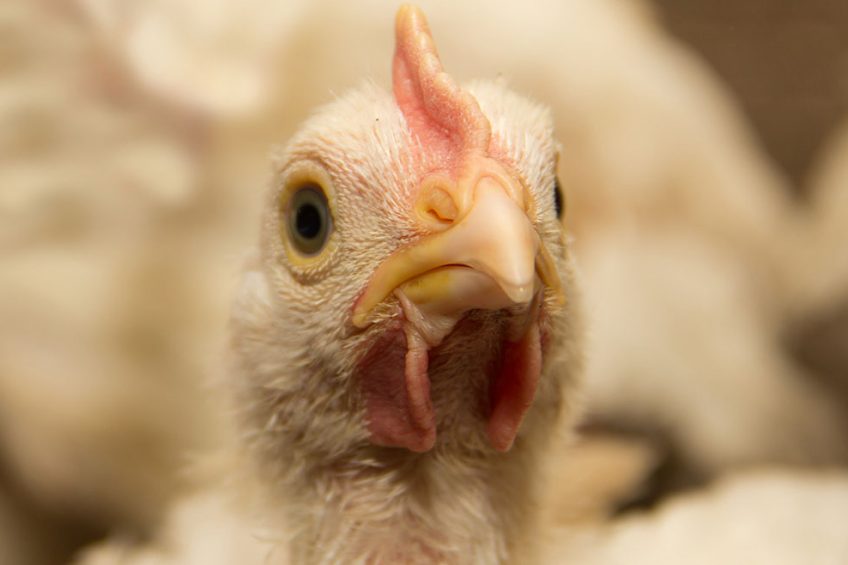Grant to fight against Newcastle Disease in Africa

Ways to tackle virulent outbreaks of Newcastle Disease in Africa are being further explored thanks to a $5m grant from the United States Agency for International Development.
The funding, awarded to University of California – Davis, will go towards a project that is looking to identify genes that are crucial to breeding birds with enhanced resistance to Newcastle Disease and heat stress.
Their project, the Feed the Future Innovation Lab for Genomics to Improve Poultry, will protect birds in areas where poultry vaccinations are not feasible, as well as boost the effectiveness of vaccinations.
Huaijun Zhou, the US geneticist and animal science professor leading the international multidisciplinary team said increasing the production of chicken and eggs can have a dramatic impact on nourishment and livelihoods in poor, rural communities.
Raising indigenous chickens is a relatively minor investment compared to cattle, goats and other livestock.
“Eggs are an almost complete protein, rich in both macro and micro-nutrients, including essential fatty acids, choline, vitamins A and B12, which are usually deficient in poor families and not all available in other foods,” he said.
But Newcastle Disease is the number one avian virus on the continent and it kills about 750 million chicken annually in Africa.
Genes resistant to Newcastle Disease
Zhou and the team are using genetics and genomics to improve host immunity to Newcastle Disease infection.
“We’re working to identify genes or genetic markers associated with resistance to Newcastle Disease and heat stress, as well as genetic markers related to egg production and growth rate. This genomic approach won’t replace vaccinations, but rather complement them by providing enhanced immunity.”
One of the most difficult aspect of the project, according to Zhou, is that disease and heat resistance, as well as production and growth rates, are complex traits, which mean they are controlled by many genes working together.
“Each gene involved tends to contribute a small genetic effect, making them hard to detect. It is a tremendous challenge,” he added.
The Feed the Future Innovation Lab for Genomics to improve Poultry was launched in 2013 with an initial $6m award from USAID. Progress has been made over the past five years.
“We have already identified hundreds of genetic markers associated with Newcastle Disease resistance and heat resilience, and there is more work to be done,” said Zhou.
Facilities in Tanzania and Ghana have been renovated and a market assessment and business models are being carried out so that discoveries can be scaled up and applied to assist local producers.
Zhou is working with a team from the university’s School of Veterinary Medicine, along with professors from Iowa State University, the University of Ghana, the University of Agriculture, Tanzania and the International Livestock Research Institute, Kenya.













